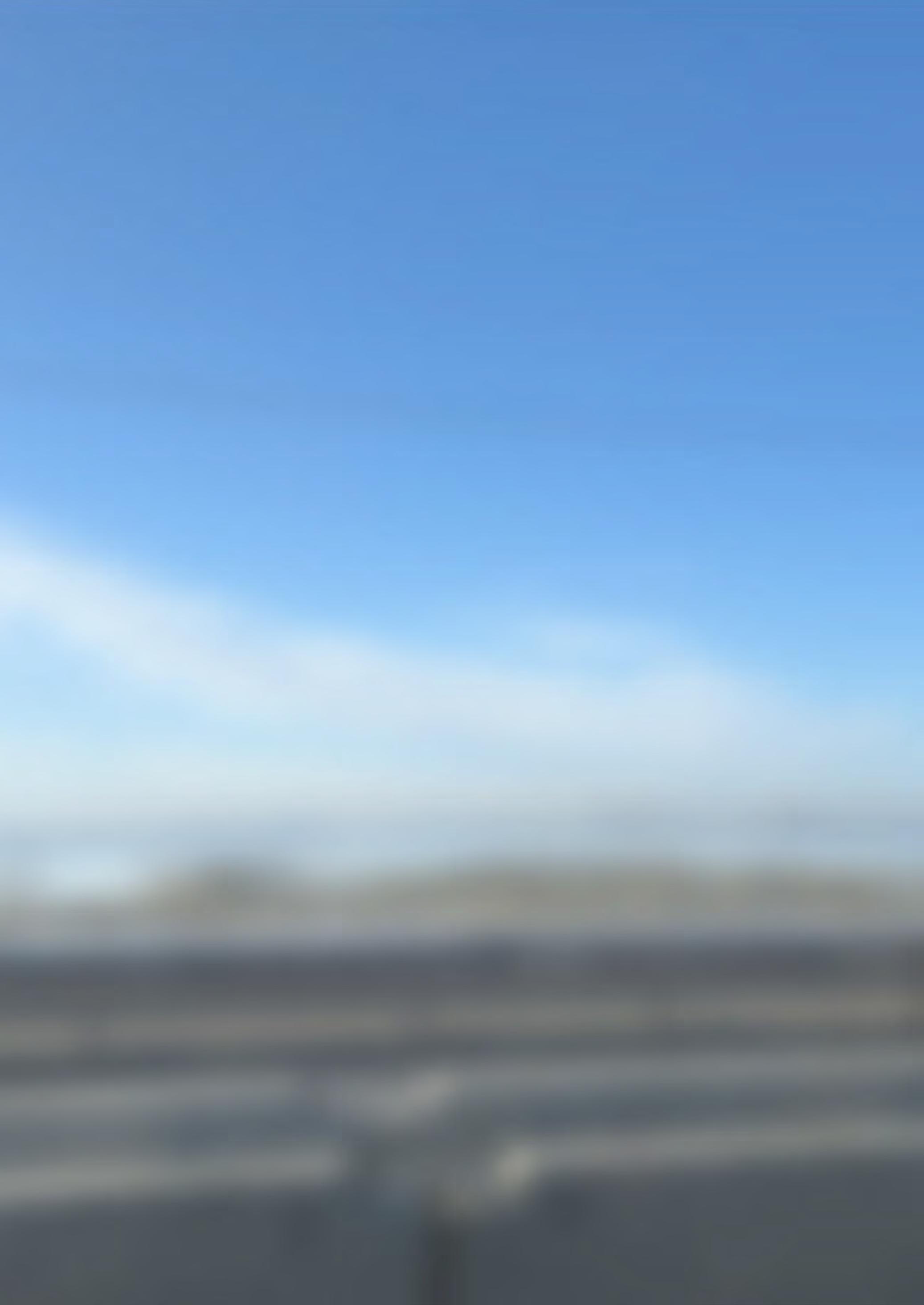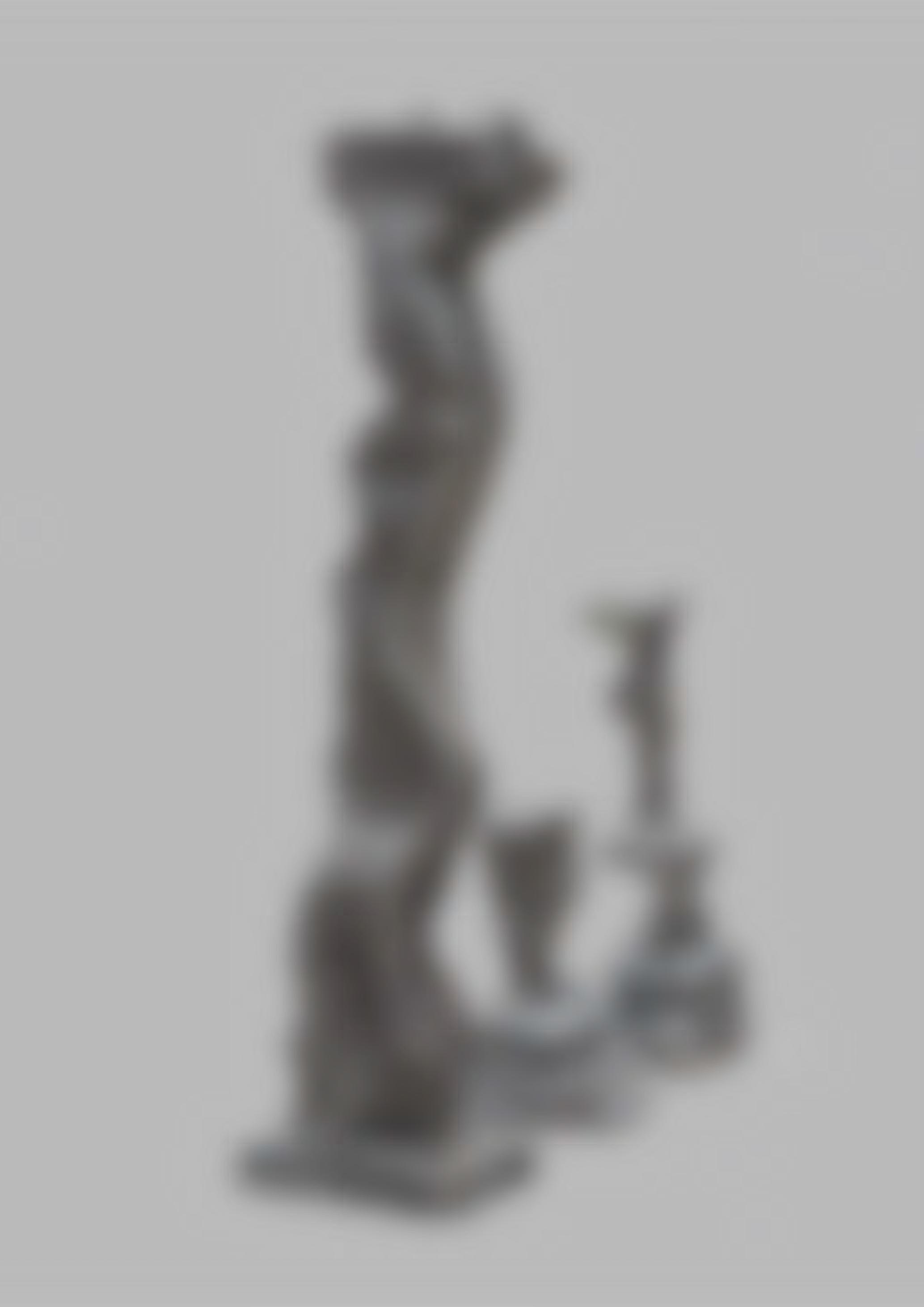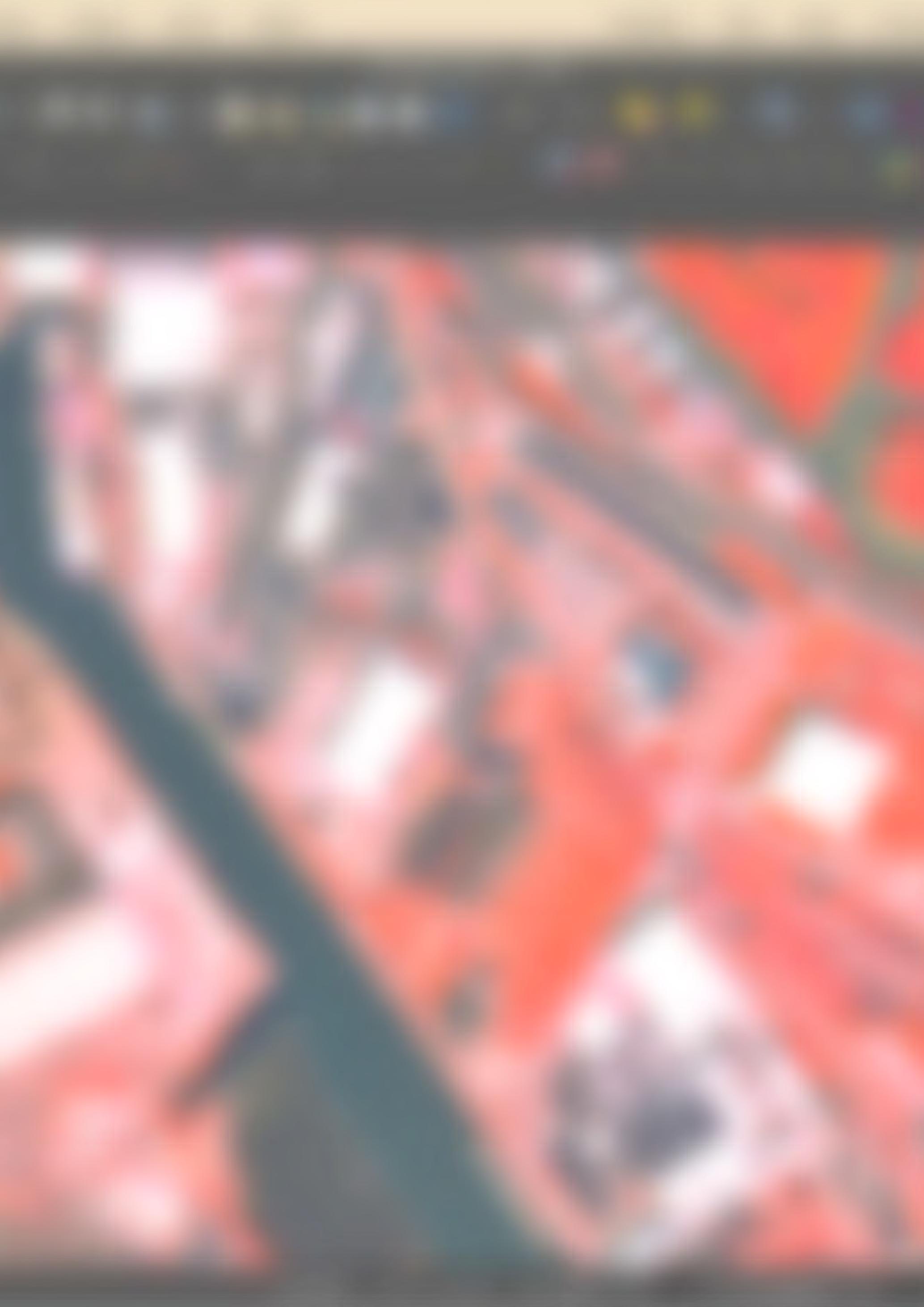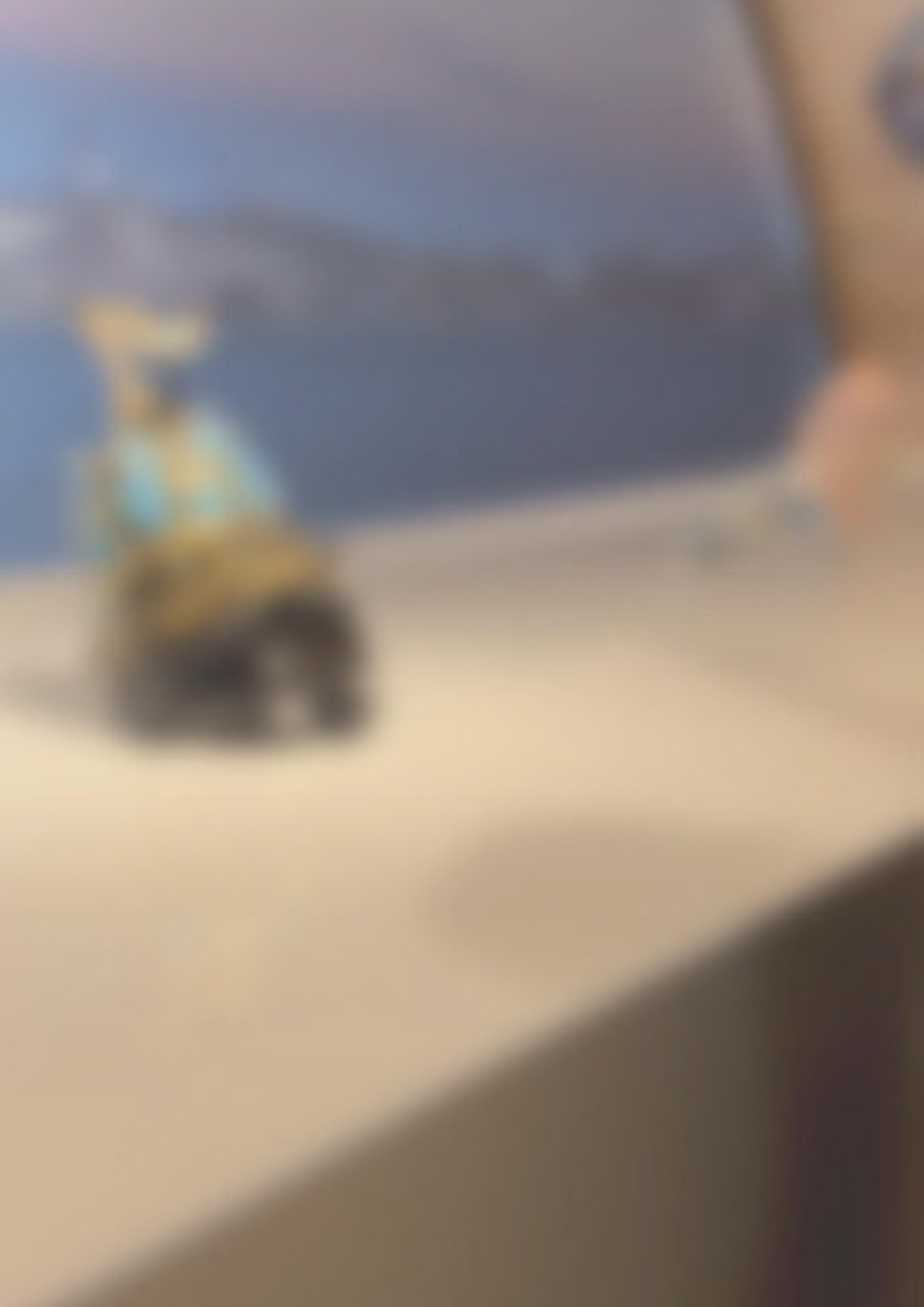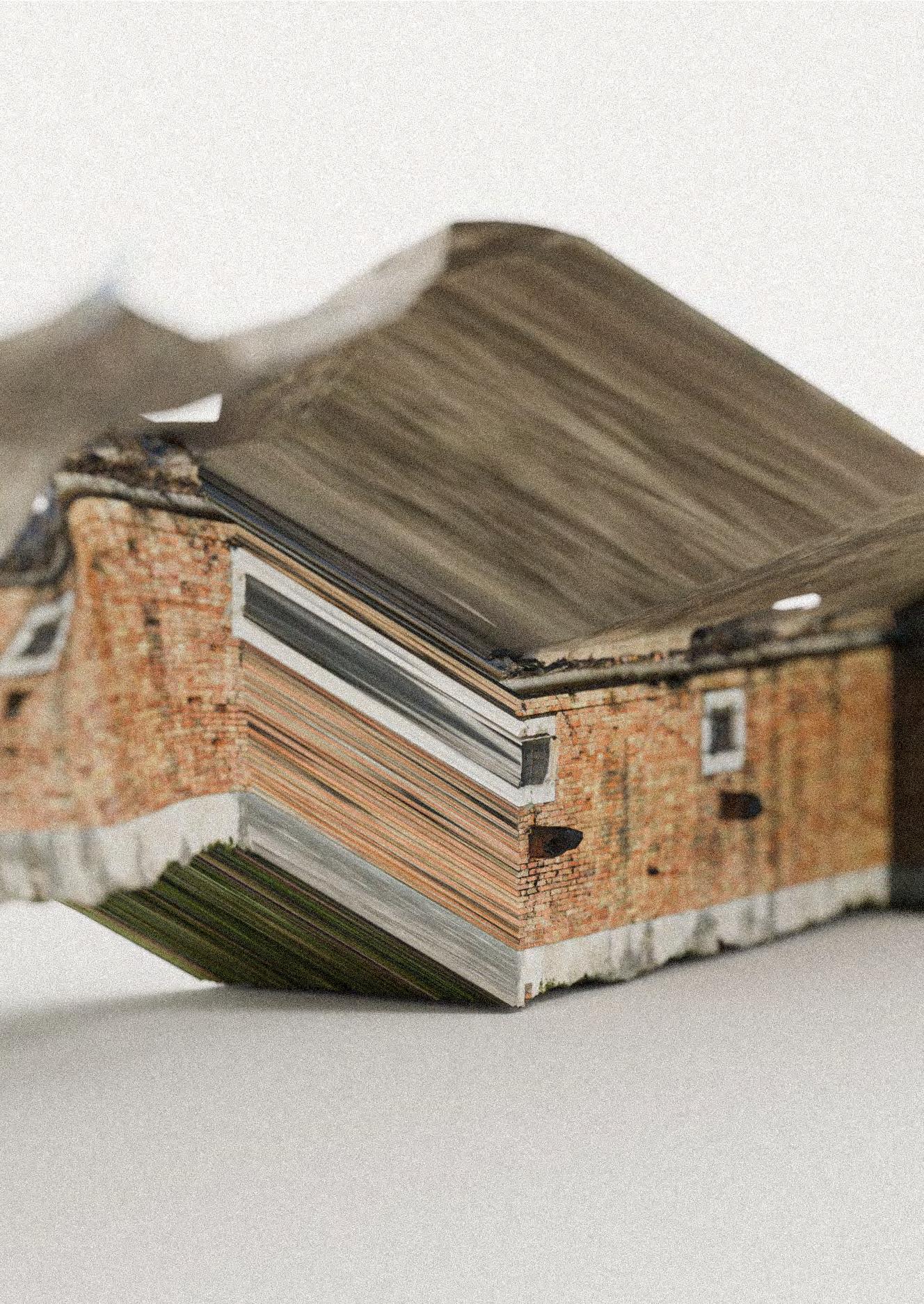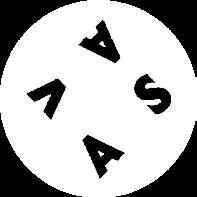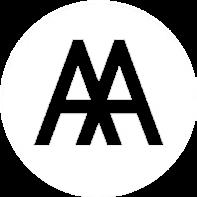AA Venice Biennale Visiting School: Marghera Pasts, Presents and Futures
2025 Summer Cycle
24 August - 1 September
// Table of contents
// Course brief
// Venice Biennale
Visiting School
// Summer Cycle
This is the first of a two-part workshop building on the AA’s Venice Biennale project, Margherissima, through open-ended interventions. Margherissima is a speculative project that imagines a new neighbourhood on 44 hectares of derelict land in the south-east corner of the vast area of Marghera, home to one of the busiest ports in Italy. The project’s key artefact is a 15-metre-long model exhibited at Forte Marghera. Our explorations will imagine how the large-scale model’s evolution and afterlife could shape Marghera’s future.
In this summer cycle, we will develop Margherissima’s vision through surveying and scanning existing conditions, searching through archival data and fabricating new model components that propose alternative scenarios for the region. The resulting interventions will be integrated into the existing model exhibited at the Biennale. To help achieve our aims the workshop will be split into 4 distinct activities: gathering, processing, producing and exhibiting. This methodology is described in more detail overleaf.
// Methodology
The act of gathering, even when performed instinctively, treats every collected piece not merely as a representative of its site of origin, but also as a point of mediation between ourselves, space, time and others. When an item is juxtaposed with other collected items-whether it is a discarded brick, fallen branch, bureaucratic trace, or metadata extracted from a digital photogathering allows us to make sense of our surroundings in unexpected yet substantial ways.
Removal. Addition. Overlap. Merge. Reconfiguration. All of these are synthetic operations that require us to take a position and move into action in relation to our surroundings. We will synthesise our collected items and personal observations with contextual data and knowledge bases-to reveal a curiosity, an inquiry or an intention in our interaction with the site. Processing will become the emergence of both agency and form.
Designing through making, we will manipulate our collected materials and refine our fabrication methods as a consolidation of our act of processing. We will develop our own techniques to articulate not only our architectural interventions and the narratives that carry our propositions-but also our intuition, both as individuals and as a collective. Quality will emerge from the integration of mechanical understanding with an attuned sense of beauty, and from an active awareness in which object and hand operate as one. Producing is never done in isolation: a convivial dialogue and a constructive exchange of ideas will guide our process.
Through a responsive act of placement, we observe, challenge and rework how our propositional objects affect the city’s existing spatial arrangements. Public display enables us to consider how our ideas reach different audiences, making our propositions both engaging and playful. In exhibiting we also anticipate our model’s afterlife, documenting the display to allow our model to keep transforming in an archival form.
// Biographies
// Programme heads
// Guest contributor
James Emery is an architect and artist based in London. He studied architecture at the University of Edinburgh and the Royal Danish Academy, and later trained under Peter Zumthor at his atelier in Haldenstein. After graduating with Honours from the Architectural Association in 2022, he worked at several architectural practices in London before teaching at the AA and co-founding Emery & Saito, an interdisciplinary studio based between London and Tokyo. His work critically explores the complex interplay between human and nonhuman.
Sheer Gritzerstein is an architecture practitioner, researcher and educator who specialises in spatial analysis. She previously worked as a geographic intelligence researcher and as a sailing educator before completing her BArch and MArch at the Architecture Association in 2024. Her work explores architecture as a navigation practice and the culture of comfort in the Anthropocene.
Hiroaki Yamane studied at the Architectural Association and graduated with Diploma Honours in 2024. Prior to studying at the AA, he worked in the technology industry in the US, serving as a creative technologist specialised in designing interactive experiences and prototyping for research and development projects. He collaborates with artists and architects, such as the Fondazione Giorgio Cini’s Digital Centre (ARCHiVe), Territorial Agency, 6a architects and Dunhill & O’Brien to explore his interests at the intersection of entropy, computation and the architecture of memory.
Amina Chouairi is an Italian Moroccan landscape architect based in Venice, Italy. She is a PhD student in urbanism at Università Iuav di Venezia. Chouairi’s interests focus on transitional wet territories, especially marshes, exploring their debated epistemological, ontological and ethical matters from a landscape architecture perspective. Her research has been exhibited at the 19th International Architecture Exhibition Biennale Architettura Intelligens. Natural. Artificial. Collective.
// Schedule
// Sun, 24/08
// Mon, 25/08
// Tue, 26/08
// Wed, 27/08
Day 1. Arrival to Forte Marghera by 4pm. Accommodation check-in and orientation.
Day 2. Margherissima exhibition tour at Forte Marghera; workshop briefing and introduction to site context; identifying a site of interest, planning gathering and documentation methods; visit to Arsenale Biennale venue.
Day 3. AM site visits - gather photographs, site scans and at least one found object; PM found material transformation exercise.
Day 4. Mapping & GIS workshop - how to observe sites and scales beyond physical reach; Guest seminar by Amina Chouaïri.
// Thu, 28/08
// Fri, 29/08
// Sat, 30/08
// Sun, 31/08
// Mon, 01/09
Day 5. AM Proposal development and individual tutorials; PM visit to Ocean Space.
Day 6. Proposition objects production and individual tutorials.
Day 7. Proposition objects integration into the Margherissima model
Day 8. Model documentation in photography, scanning and drawing; celebration dinner.
Day 9. Check-out from the accommodation by 10AM.
// Orientation
// Workshop location
Address: Forte Marghera, V. Forte Marghera, 30, 30173
Venezia VE, Italy
The workshop will be based at Forte Marghera, a historic Napoleonic-era fortress that provides three key facilities: the Polveriera Austriaca (a former 19th-century gunpowder storage building) where we’ll intervene in the existing Margherissima exhibition, a dedicated classroom space, and on-site accommodation. This strategic location between Venice and Marghera allows participants to easily travel between both areas to gather observations and engage with the Biennale’s Intelligens. Natural. Artificial. Collective. theme. The fort—once built to defend Venice from the mainland—now serves as our operational base for developing proposals that strengthen the relations between Venice, the lagoon, and Marghera
// Workshop arrivial and departure
// Accommodation
Participants should plan to arrive on Sunday, August 24th by 4pm for accommodation check-in and orientation. If anyone requires to arrive later, they should contact us and we will look for a way to arrange this.
Departure is scheduled for Monday, September 1st with accommodation check-out by 10am. While leaving the night before is acceptable if necessary, we encourage all participants to stay for the closing celebration on Sunday evening.
We offer participants basic shared accommodation in Forte Marghera. We have several double rooms and one triple room, all with single beds for each guest (please bring your own bed linens). We will do our best to arrange same-gender room pairings. The facility also includes shared bathrooms and a shared kitchen.
If you wish to book your own accommodation, we recommend staying close to Forte Marghera rather than on the island of Venice. Please note that since the accommodation is sponsored, we cannot offer refunds if you choose not to use it.
// Transportation
// Meals
Transportation is not included in the workshop fee. Participants should budget for public transport from the airport to Forte Marghera, which requires taking ACTV bus line 15 directly from Marco Polo Airport (approximately 17 minutes, €12) - note that airport bus service requires separate tickets that cannot be covered by standard Venice travel cards. We recommend purchasing a 7-day Venice travel card (€65) and activating it from workshop day 2 to cover you all the way to day 8, which provides unlimited access to ACTV vaporetti (water buses) throughout Venice and buses in Mestre/ Marghera. The weekly ticket can be bought in paper form at the airport or main vaporetto stations, or via the AVM Venezia Official App. Alternatively, single-ride tickets cost €9.50 for vaporetti (valid 75 minutes) and €1.50 for mainland buses in Mestre/Marghera. Contactless payment with bank cards is available and automatically calculates the best fare.
For site visits around Marghera, we recommend renting bicycles through the MoBi app-based bike rental service or similar services, although the area can definitely be explored on foot and by bus. Don’t forget to bring a hat, water and sunscreen.
Meals are not included in the workshop fee, so participants should budget for food expenses. The accommodation features a shared kitchen that participants are welcome to use for meal preparation.
For grocery shopping, we recommend Cadoro in Mestre (V.le S. Marco, 152, 30173 Venezia VE, Italy), which is an 18-minute walk or 10-minute bus ride from the accommodation.
For quick bites during the day, we recommend Amigos Bar, a 10-minute walk from Forte Marghera (Via Pompeo Molmenti, 50, 30173 Venezia VE, Italy). There are restaurants in Forte Marghera, though please note their limited opening hours and higher prices.
// Model making
// Computers
All participants are responsible for securing their own travel and health insurance. Please ensure that your travel insurance also covers your personal belongings i.e. laptop, equipment, tools, passport, etc. The AA takes no responsibility for lost or stolen property.
// Additional equipment
The model making component relies on objects you will find and collect during site visits, and we will help you develop techniques that match your interests as they emerge. We will supply some basic model making equipment and materials, but students might need to bring some tools with them and perhaps budget for material purchases. If you have a particular way of working that you feel comfortable with or would like to explore, you are welcome to bring the required equipment. Please note that we will work in a classroom setting with an option to work outdoors, not in professional model making facilities. We can help coordinate deliveries of materials to our accommodation if you wish to arrange anything in advance, though we believe you can create amazing work without advance material preparation.
You will need to bring with you a working laptop for digital processing of found materials, with an emphasis on GIS software. No prior software knowledge is required, though basic skills with Adobe Suite (Photoshop, InDesign, Illustrator) and CAD software are extremely useful.
Please download QGIS in advance—it’s free software available online for both Mac and PC (https://www.qgis.org/download/ ). Mac users may need an extra step to authorize the software before opening it (https://mapscaping.com/guide-to-installingqgis-on-a-mac/ ).
You should bring pencils, rulers, and sketchbooks, or any other materials you need to sketch, plan your making, and document your working process. You’re welcome to bring a camera or iPad for photographing and scanning during site visits, though any smartphone with a working camera should be sufficient. // Insurance
// Reading list
// Prior knowledge not required
// Resources on Venice
The workshop is based on experiential surveying, so prior knowledge is not essential. If you’d like to familiarize yourself with Marghera and Venice in advance, we’re happy to recommend readings and resources.
Venice and the Anthropocene: An Ecocritical Guide / Edited by Cristina Baldacci, Shaul Bassi, Lucio De Capitani and Pietro D. Omodeo (collection of essays - pick and choose, includes a short piece on Porto Marghera) - https://issuu.com/ antefermaedizioni/docs/lov_fbc_web_estratto
The Lake of Venice / Lorenzo Fabian, Ludovico Centis (study relevant to our settings and approach, references Marghera)
Venice Is a Fish: A Sensual Guide / Tiziano Scarpa (travel guide to familiarize yourself with the Island of Venice)
Elements of Venice / Giulia Foscari (architectural research project)
Invisible Cities / Italo Calvino (always an inspiration when it comes to Venice)
// Resources on Marghera’s development
As far as we know, there isn’t much literature about our site in English, but you can understand its complexity from this article: https://www.theartnewspaper.com/2024/08/07/venicerocked-by-corruption-allegations-involving-citys-mayor-andcouncil-over-sale-of-land-and-two-palazzo. You’re welcome to continue with news article searches, and searching in Italian using Google Translate or AI translation might return more relevant results.
The figure behind incubating cultural heritage in Venice is the same person who helped develop Marghera - Vittorio Cini:
Marghera as industrial production: https://www.vittoriocini.it/ vc/en/imprenditore.html
Venice as cultural production (Fondazione Giorgio Cini): https://www.cini.it/en/chi-siamo/
// Information and Registration
// Programme higlights
// Questions on workshop
Visit our Venice Biennale AA Visiting School webpage: https:// www.aaschool.ac.uk/academicprogrammes/visitingschool/ venice-biennale-marghera-pasts-presents-futures
Visit our instagram page: https://www.instagram.com/aavs_ biennale/
You’re welcome to reach any of our programme heads: James Emery / james.emery@aaschool.ac.uk Sheer Gritzerstein / gritzerstein@aaschool.ac.uk Hiroaki Yamane / hiroaki.yamane@aaschool.ac.uk
// Fees and Registration
Contact the AA Visiting School office: visitingschool@aaschool.ac.uk
Please note that the Visiting School office is closed between 16/08-25/08 inclusive. Please contact the programme heads if required.

